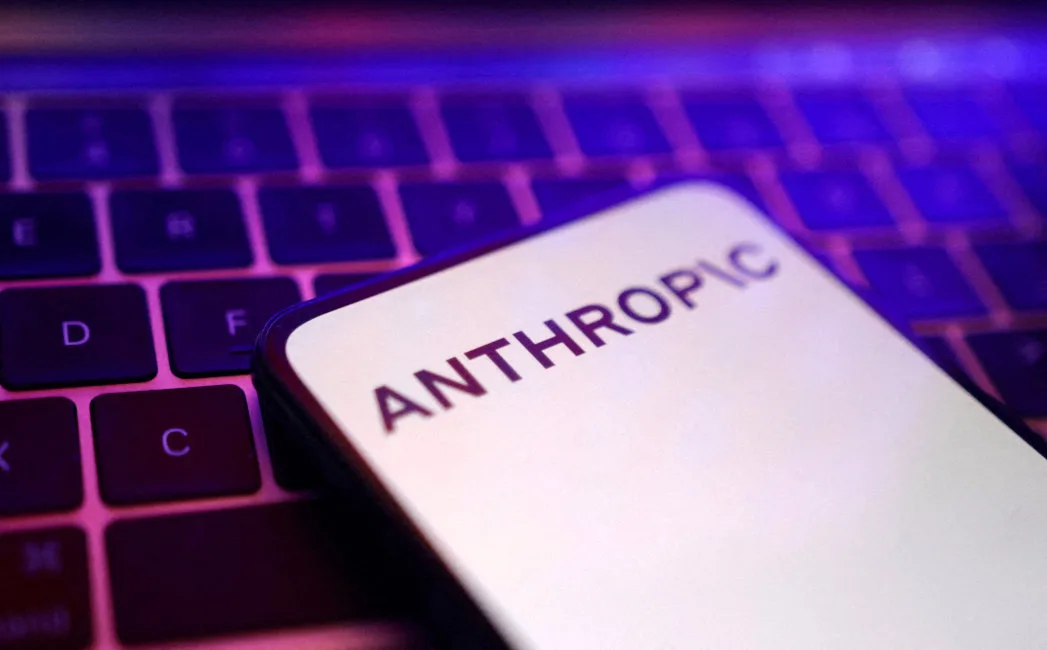
Anthropic, an AI startup backed by Amazon, is now facing a class-action lawsuit in California federal court, with allegations of copyright infringement at the core of the case.
Authors Accuse Anthropic of Intellectual Property Theft
The lawsuit, filed by authors Andrea Bartz, Charles Graeber, and Kirk Wallace Johnson, accuses Anthropic of using pirated copies of their copyrighted books to train its large language models (LLMs), specifically the ‘Claude’ series. The authors claim that Anthropic downloaded and copied their works without authorization, building its AI models on the foundation of stolen intellectual property.
Anthropic, founded by former OpenAI executives, has significant backing from major tech companies like Google and Salesforce. The lawsuit comes on the heels of Anthropic’s recent introduction of its most powerful AI model to date, Claude 3.5 Sonnet. This AI model, like OpenAI’s ChatGPT and Google’s Gemini, has gained considerable popularity over the past year.
Previous Legal Challenges Faced by Anthropic
The lawsuit filed by Bartz, Graeber, and Johnson is not the first legal challenge Anthropic has faced. In October, Universal Music sued the startup, alleging “systematic and widespread infringement” of copyrighted song lyrics.
According to the filing in a Tennessee federal court, when a user asked Anthropic’s AI chatbot Claude about the lyrics to Katy Perry’s song “Roar,” the AI generated an “almost identical copy” of the lyrics, infringing on the rights held by Concord, the copyright owner. The lawsuit also cited Gloria Gaynor’s “I Will Survive” as another instance of alleged copyright infringement by Anthropic, with Universal Music owning the rights to its lyrics.
These allegations against Anthropic are part of a growing wave of legal actions targeting AI companies for the unauthorized use of copyrighted material. In June, The Center for Investigative Reporting sued OpenAI and its primary backer, Microsoft, over similar concerns. Other media outlets, such as The New York Times and The Chicago Tribune, have also pursued legal action against AI firms for using their content without permission.
Authors outside the news industry have also taken legal steps to protect their work. Last year, prominent writers, including Jonathan Franzen and George R.R. Martin, sued OpenAI, alleging that their works were used to train ChatGPT without their consent.
Some Media Companies Opt for Collaboration
Recently, OpenAI announced a collaboration with Condé Nast, allowing its AI platforms to display content from several of Condé Nast’s publications, including Vogue and The New Yorker.
Similarly, in July, Perplexity AI introduced a revenue-sharing model for publishers, aiming to address plagiarism concerns. Media outlets such as Fortune, Time, Entrepreneur, The Texas Tribune, Der Spiegel, and WordPress.com were among the first to join Perplexity’s “Publishers Program.”
In June, OpenAI and Time magazine entered into a “multi-year content deal,” granting OpenAI access to both current and archived articles from Time’s extensive history, spanning over 100 years. This deal allows OpenAI to display Time’s content in response to user queries on its ChatGPT platform and to use the content to “enhance its products,” potentially through training its AI models.
Additionally, OpenAI has entered agreements with News Corp. and Reddit, providing access to their content for AI model training.
Featured Image courtesy of Dado Ruvic/REUTERS
Follow us for more tech news updates.
